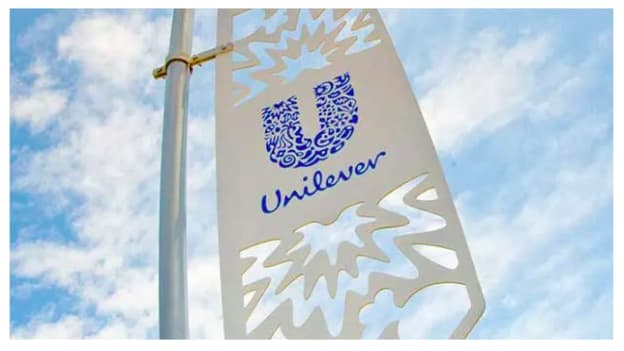Unilever NZ to try a four-day working week

Global consumer goods giant Unilever said on Tuesday it was poised to try out a four-day working week for all its New Zealand employees.
Unilever said all 81 staff members at its offices across New Zealand will be able to participate in the trial, which starts next week and will run for 12 months until December next year. The employees will be paid for five days while working just four.
Unilever New Zealand Managing Director Nick Bangs said the aim was to change the way work is done, not increase the working hours on four days. “If we end up in a situation where the team is working four extended days then we miss the point of this,” he said.
“We don’t want our team to have really long days, but to bring material change in the way they work.”
After 12 months, Unilever will assess the outcome of the move and look at how it could work for the rest of its 155,000 employees globally.
“It’s very much an experiment. We have made no commitments beyond 12 months and beyond New Zealand. But we think there will be some good learning we can gather in this time,” he said.
There is no manufacturing in New Zealand and all the staff is in sales, distribution, and marketing.
Unilever's trial will run from December 2020 to December 2021. The firm is working with Sydney's University of Technology (UTS) Business School researchers to measure how performance fares.
Unilever, which employs more than 150,000 people globally, has been active in New Zealand for more than 100 years. Its operations on the island are focused on import and distribution. All 81 employees there are eligible to participate.

















